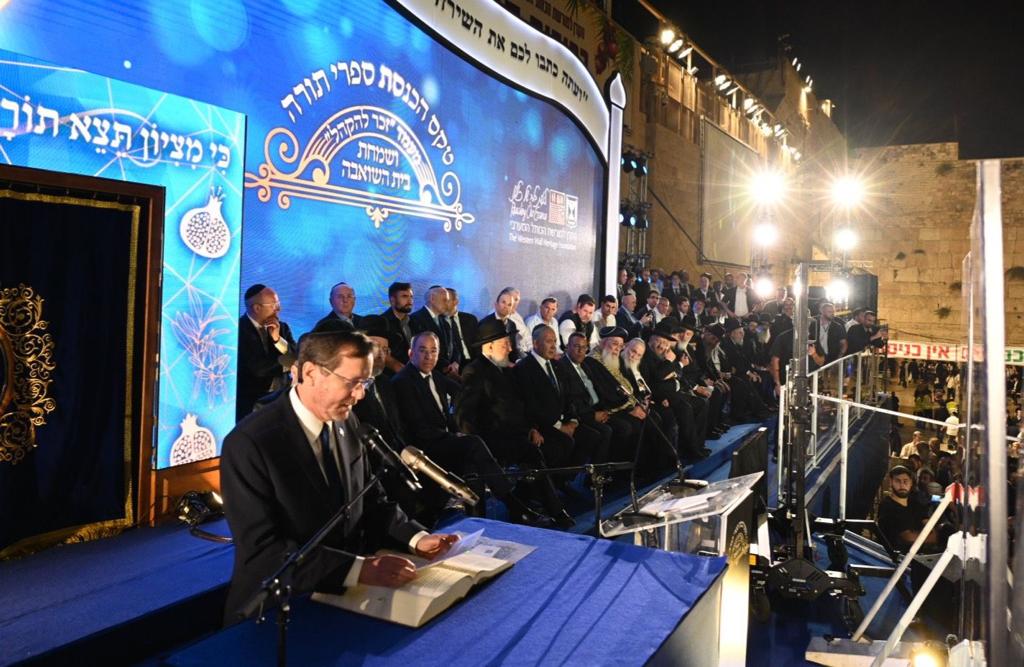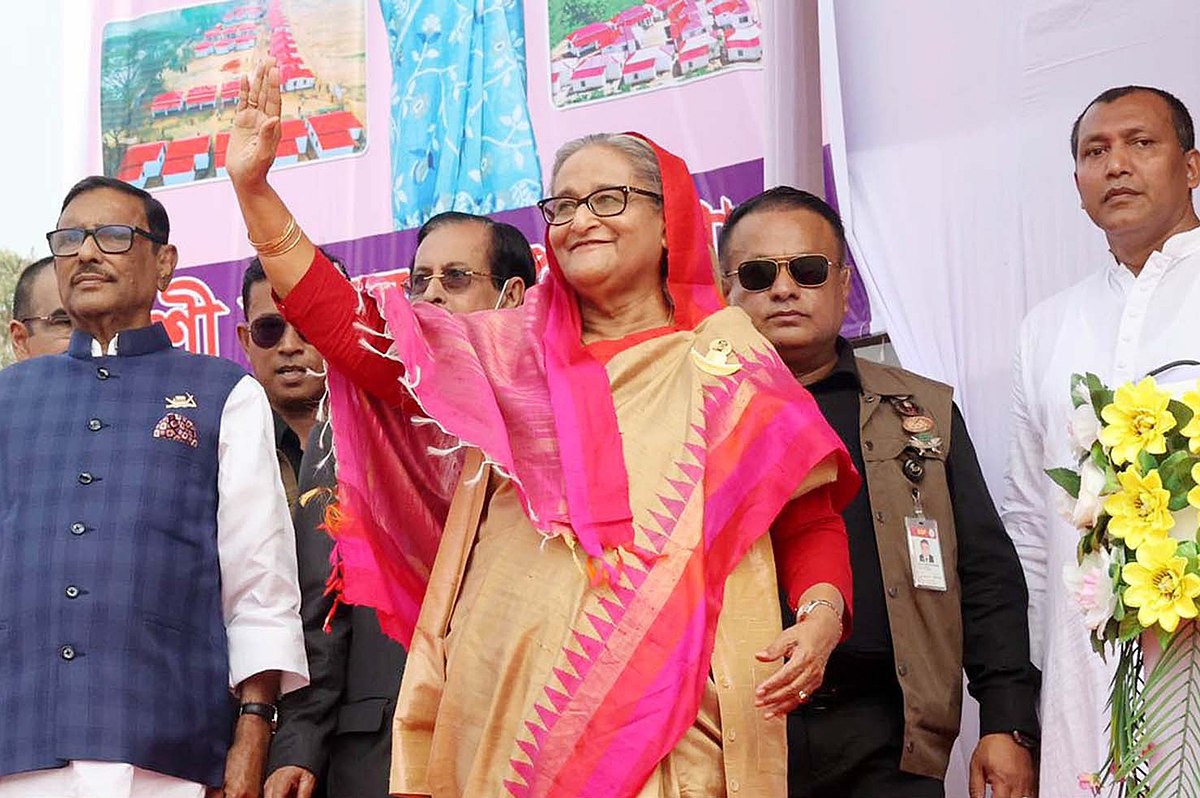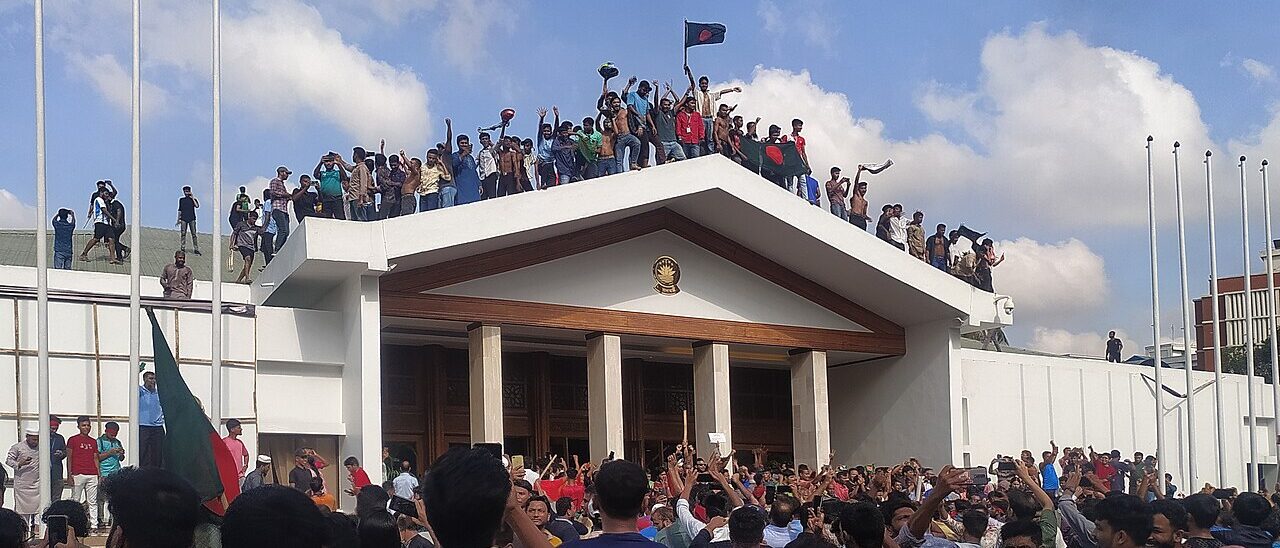This is a summary of the original article by Dana El Kurd that may be found here
The recent Israeli elections, which brought Naftali Bennett’s Religious Zionist Party “Yamina” further into the mainstream as a coalition partner with Benjamin Netanyahu’s Likud, have sparked concern among policymakers across the Arab world. The party includes elements of far-right, religious extremist, and ultra-nationalist political ideologies and is primarily characterized by a belief in Jewish supremacy and anti-Arab racism. Its call for the expulsion of Arabs from Israel and the annexation of the West Bank poses a new challenge to the renewal of the fragile peace process.
The increasing support for the anti-Arab party among common Israelis which resulted in its election victory is indicative of a larger trend in Israel, which is the rise of right-wing populism. This is evidenced by the fact that the party’s manifesto is being adopted by other political parties as a winning agenda and is now seen as a non-negotiable in Israeli politics.
The party’s annexation plan for the West Bank would effectively end any possibility of a two-state solution and would be seen as a major setback for peace in the region. The international ramifications of such a regressive step could lead to increased criticism of Israel by the international community, and could potentially damage Israel’s relations with other countries.
Under immediate threat, Israel’s Arab citizens and Palestinian leaders are bracing themselves for increasing violence and repression as politicians known for inciting hatred and terrorism join the Knesset.
Furthermore, the party’s views are seen as a major obstacle to normalization and could lead to a reversal of the progress that is supposed to have been made with several Arab countries through the Abraham Accords. In fact, the party’s rise in popularity is seen as a backlash to the growing normalization of relations between Israel and Arab countries in the Middle East and North Africa, such as the United Arab Emirates, Bahrain, Sudan and others.
It is worth noting here that the Abraham Accords themselves are deeply unpopular among Arab populations. Arab citizens are of the firm opinion that Israel’s recognition can only come after, not before, it fulfills the Palestinian demand for self-determination. Diplomatic recognition and cooperation with Israel before this demand is met is seen not as a step towards peace but rather a betrayal of the Palestinian cause. Street sentiment in Arab countries from the Middle East to North Africa is unanimous that the Abraham Accords do not resolve the Arab-Israeli conflict but rather reinforce the conditions of occupation, repression, and displacement that characterize Israel’s policies toward the Palestinians.
This is why besides the Palestinians, Arab governments who are signatories to the Accords also feel threatened by the rise of Yamina. They reckon that they will now be faced with a two-pronged challenge, one from their own citizens and the other from an increasingly belligerent Israel that will roll back the “progress” made by the Abraham Accords. So far they have been able to suppress common dissent through their authoritarian systems, but their task would be made doubly difficult, and their dubious claims of peace and economic development would be exposed by Israel’s renewed repression of the Palestinians, annexation of their land and sidelining of the Abraham Accords.
The resulting tumult and turmoil would be beyond the control of these authoritarian governments and the whole region could plunge into violence and instability, threatening the very existence of their unpopular regimes.
The rise of the Religious Zionist Party in Israel jeopardizes regional normalization and could have serious consequences for the peace process between Israel and Palestine as well as for Israel’s relations with other countries. Therefore, it is important for Israel’s political leaders and institutions to take a strong stance against the party’s anti-Arab policies and rein in its main protagonists while legislating laws against inciting violence and derailing of the peace process with the Palestinians and the entire Arab world.
The views expressed herein may not necessarily reflect the views of JI FAD and/or any of its affiliates






